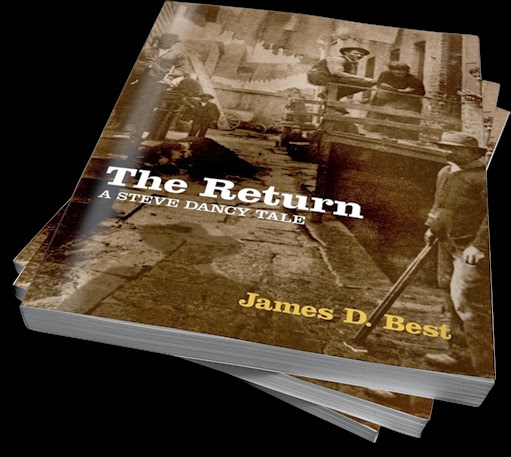Jennifer Cody Epstein published, “10 Rules for Rewriting History” at Writer Unboxed. As
a historical writer, I found the article helpful and full of great advice. I
think I've encountered all 10 issues, but number one, History Rides Shotgun, is my nemesis. I enjoy research
and like fascinating factoids. It’s difficult for me to not look for a place to
tuck in a real life incidence or coincidence that I think is interesting all on
its own.
Epstein writes, “Remember that what you’re writing is a
novel—not a history book. This means history should be used only to heighten
and deepen your narrative, and not the other way around. Be careful not to get
hijacked by some fascinating event that doesn’t fit naturally into your
storyline, because no matter how hard you try it simply won’t work in the end.
If it doesn’t relate to your plot, it shouldn’t be in there.”
Solid advice. I have a proclivity to violate this
rule, so I need to be vigilant during revisions to look for extraneous information that
does not advance the story.
 |
| Honest westerns ... filled with dishonest characters |
In the latest Steve Dancy Tale, The Return, Dancy and Sharp travel to see Thomas Edison in order to
secure rights to his inventions for mining. In the research for the novel I
discovered all kinds of interesting things about Edison, Menlo Park, New York
City, and 1881 movers and shakers. I was also startled to discover that Edison owned
mines and developed numerous patents that applied specifically to mining. It was
difficult to avoid letting the Wizard of Menlo Park interfere with Dancy’s story.
I succeeded by scrubbing the story during revisions and being conscious that
this was a particular problem for me. I also used a technique that I’d like to add
as a tip to Epstein’s Rules. At the end of the book, I added a “Historical
Note.” Through this device I was able to
inform the reader about some historical tidbits without disturbing the flow of
the story.
Related Posts
